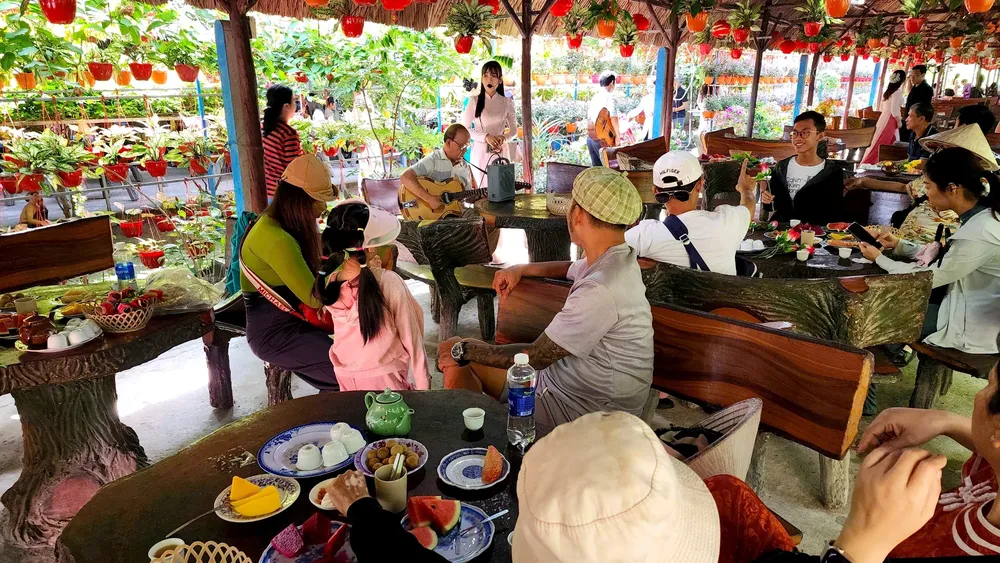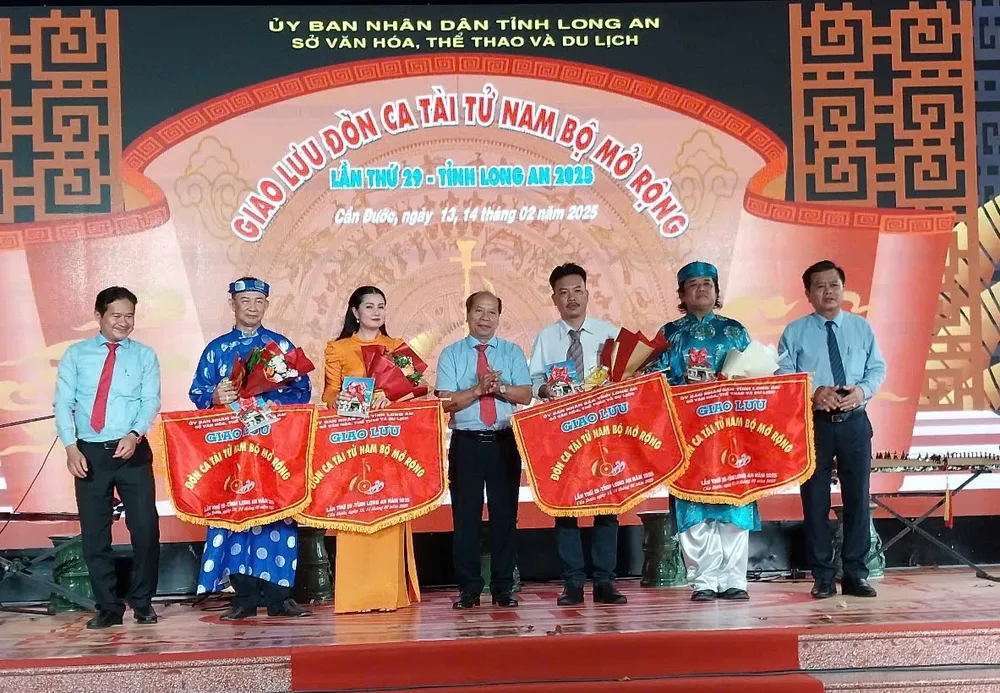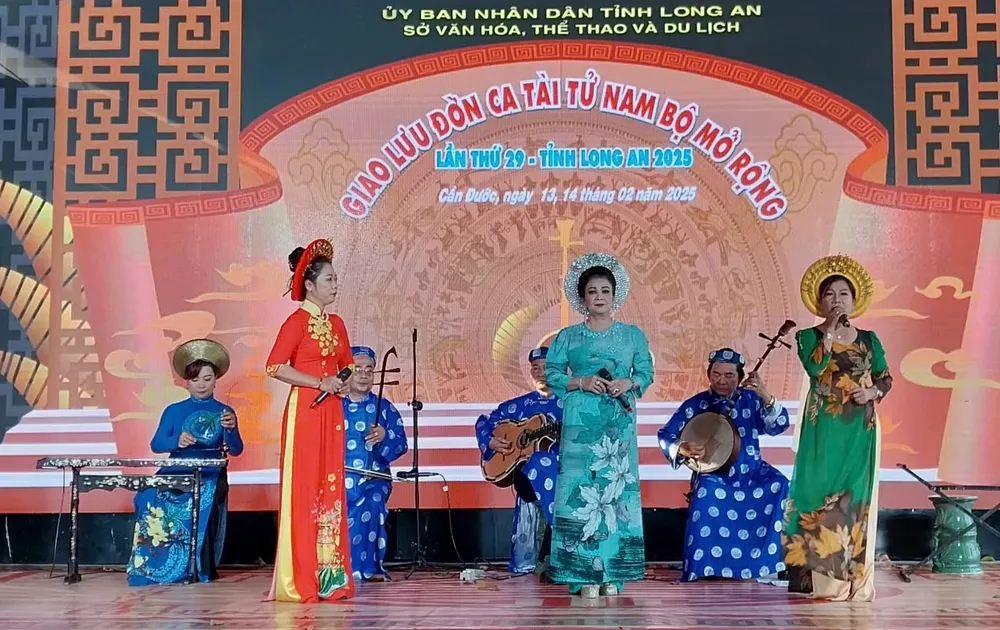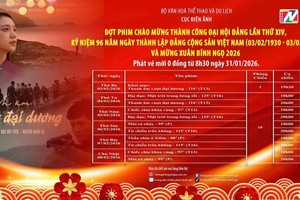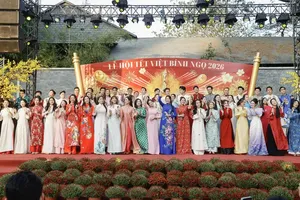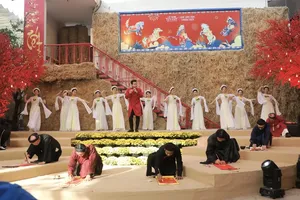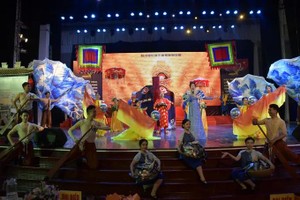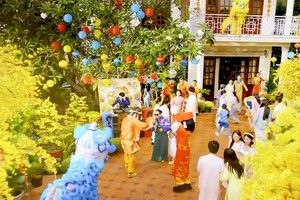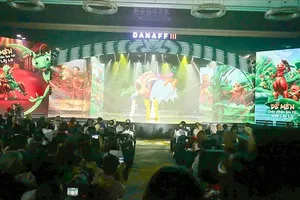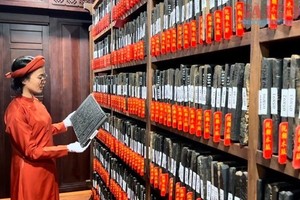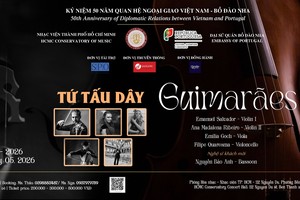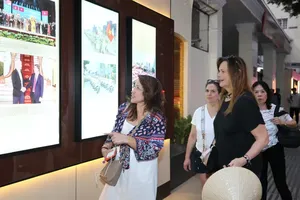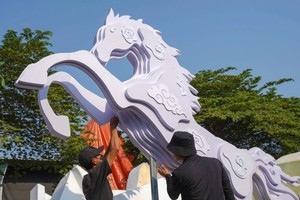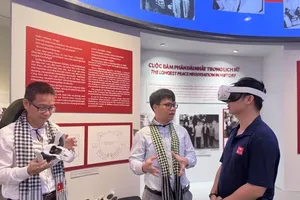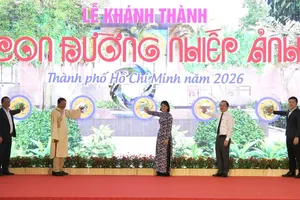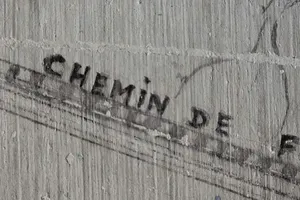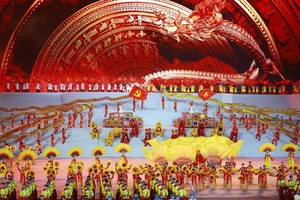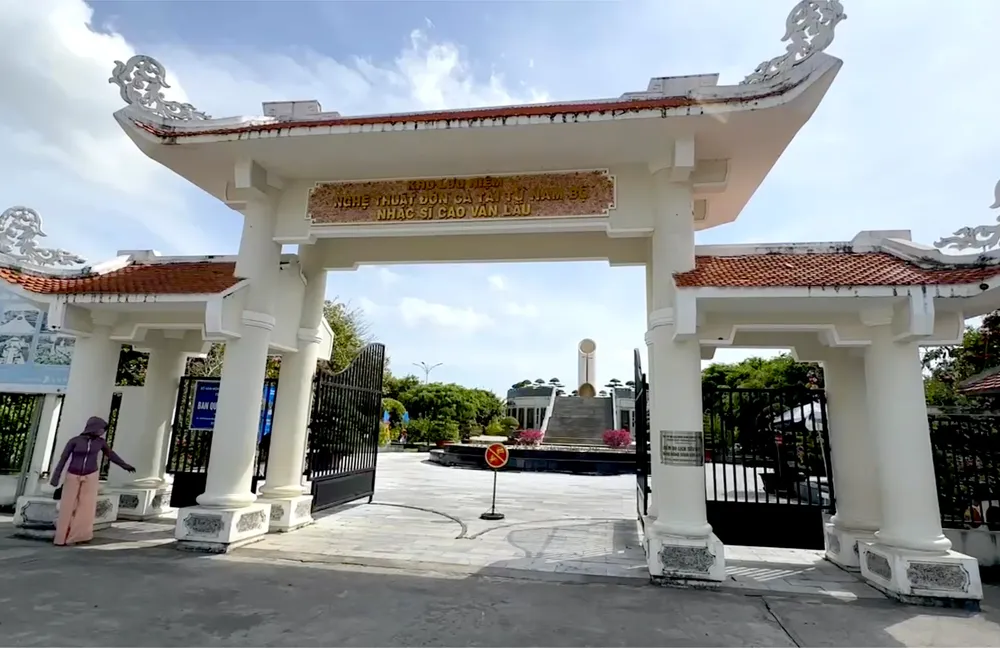
Born 100 years ago, Don Ca Tai Tu Nam Bo (Southern amateur traditional music) has been a long-standing cultural tradition in the Mekong Delta since the end of the 19th century. It was recognized as an Intangible Cultural Heritage of Humanity at the 8th Session of the Intergovernmental Committee for the Safeguarding of Intangible Cultural Heritage, held in Baku, Azerbaijan, in 2013.
Many localities have currently established Don Ca Tai Tu clubs to preserve this traditional music form in everyday life.
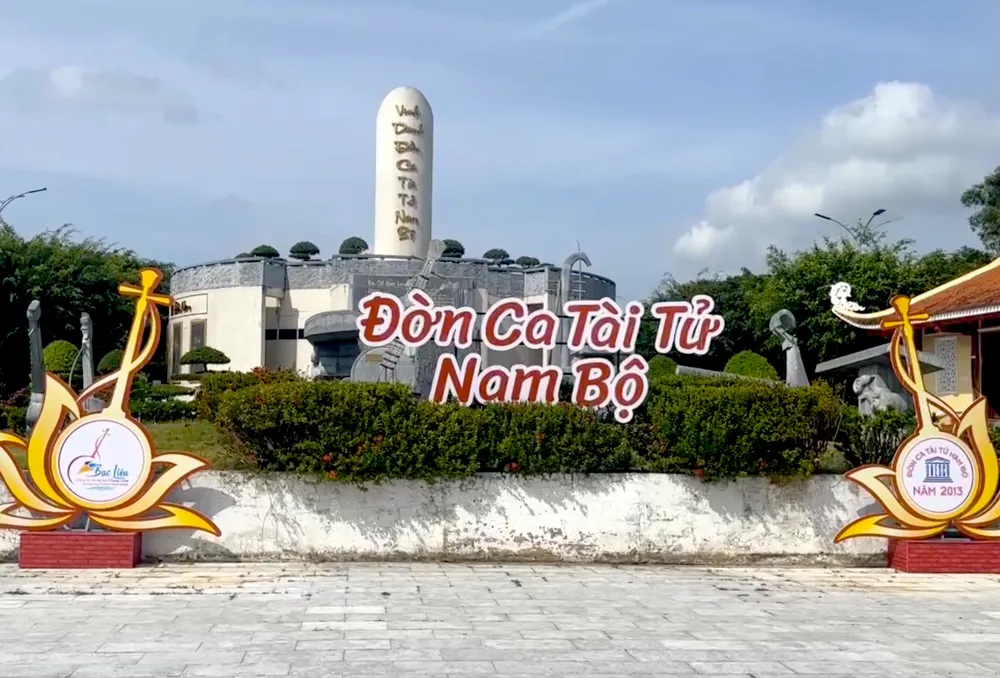
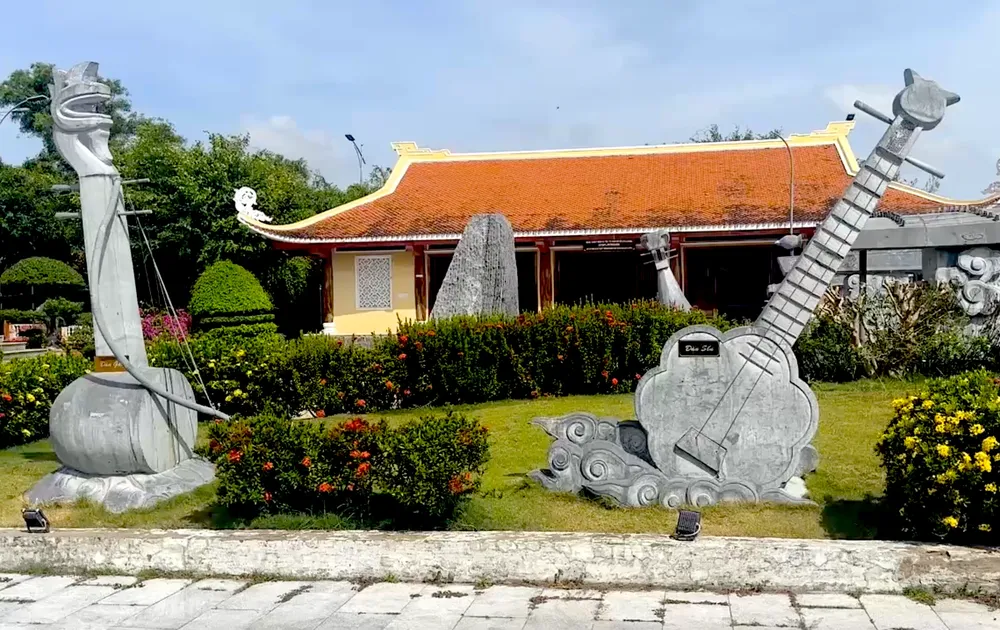
The Steering Committee for the Preservation and Promotion of Don Ca Tai Tu Nam Bo (Southern amateur traditional music) of Bac Lieu Province has recently launched a plan for building and developing Vietnamese culture and people to meet the demands of sustainable national development with the goal of preserving and promoting the values of this kind of art, and raising the awareness, responsibility, and knowledge of government officials, civil servants, and the public about the the importance of safeguarding this intangible cultural heritage and improving the quality of Don Ca Tai Tu Nam Bo performances in the province.
Accordingly, the Steering Committee will organize training courses to teach 20 pieces of Don Ca Tai Tu to local cultural and social officers, teachers at primary, secondary, and high schools, and members of Don Ca Tai Tu clubs across the province.
In addition, the province will also offer Don Ca Tai Tu lessons to students at primary, secondary, and high schools and invest in equipment to support Don Ca Tai Tu clubs' activities.
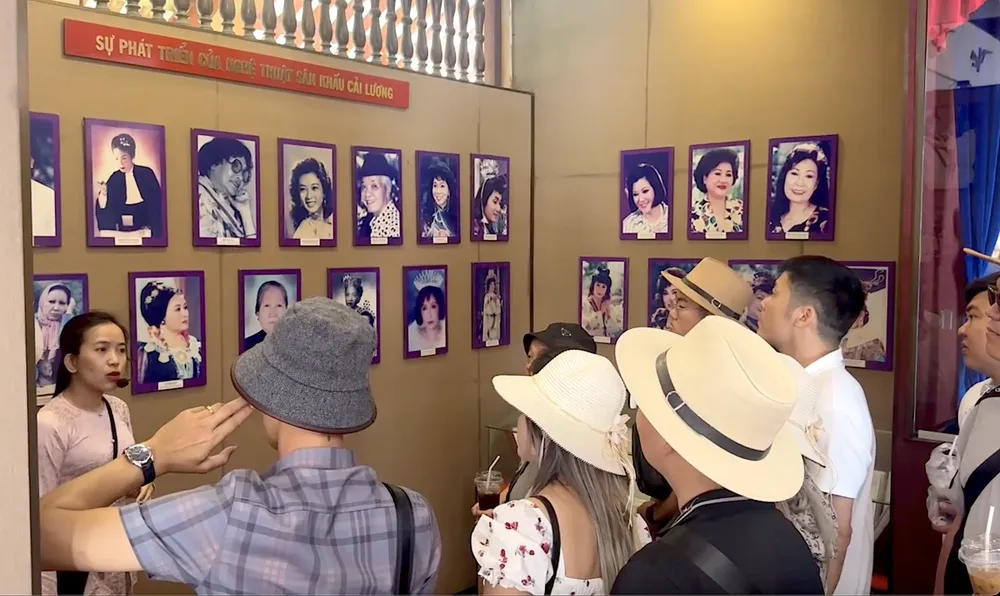
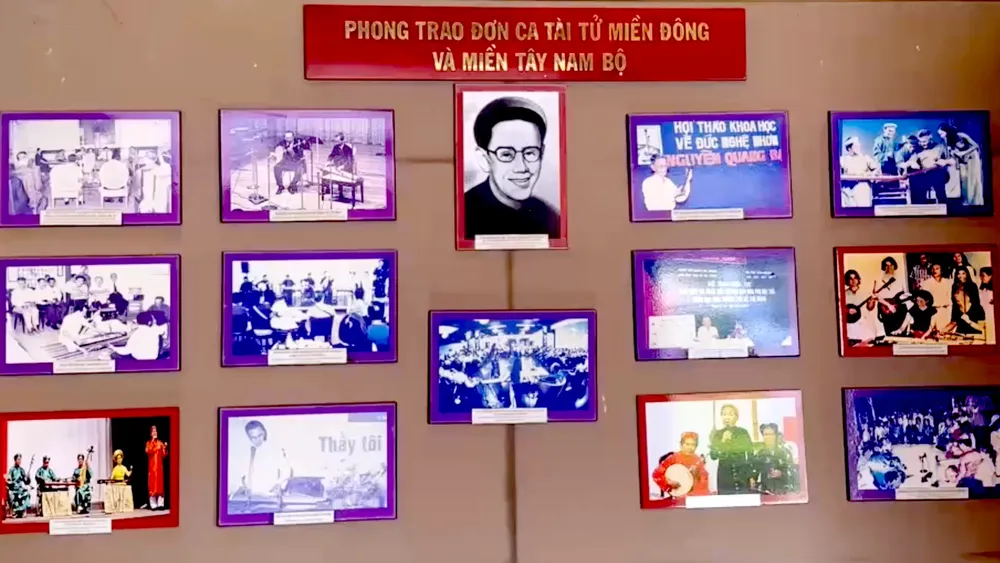
Previously, the People’s Committee of Bac Lieu Province invested in a construction project of the memorial house of the art of Don Ca Tai Tu Nam Bo and late composer Cao Van Lau, who is known as the ancestor of cai luong (southern traditional opera).
The memorial site was recognized as a provincial-level historical and cultural relic by the People’s Committee of Bac Lieu Province in 1997 and a national historical and cultural relic by the Ministry of Culture, Sports and Tourism in 2014. It is located in the place where musician Cao Van Lau was buried in 1976.
Visiting the memorial site, visitors will have an opportunity to learn about "Da co hoai lang," an immortal Cai Luong piece written by musician Cao Van Lau in 1919, which tells the story of a wife who waits for her husband to return from the battlefield. The song never fails to leave a deep impression on millions of devotees. Bac Lieu is the birthplace of the song. The memorial house is also a place where the Da Co Hoai Lang Festival is annually held on the 15th day of the eighth lunar month.
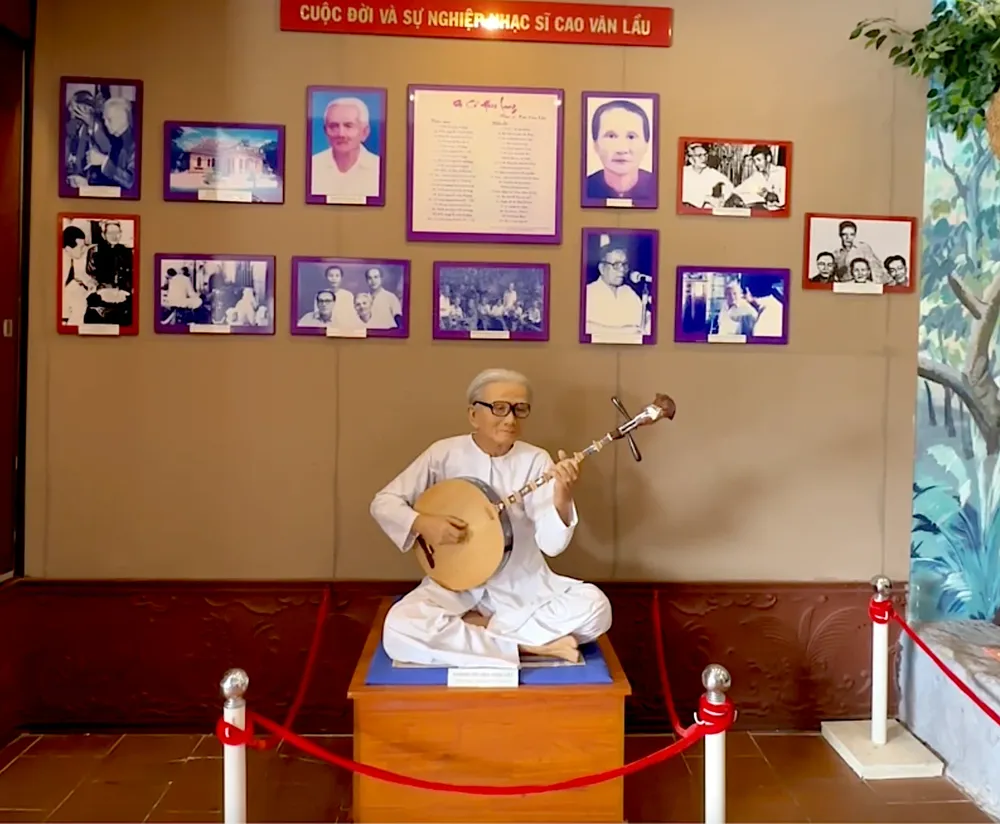
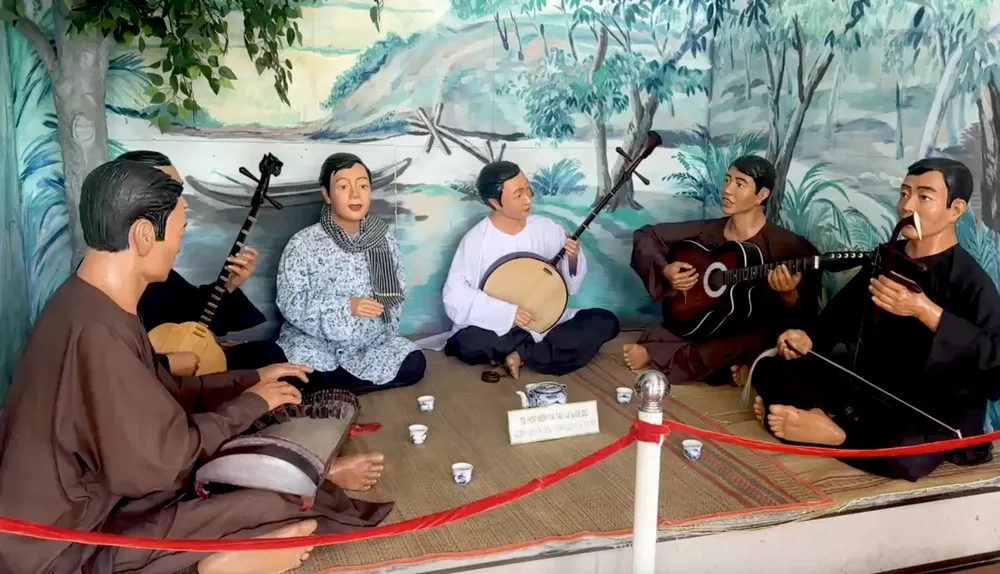
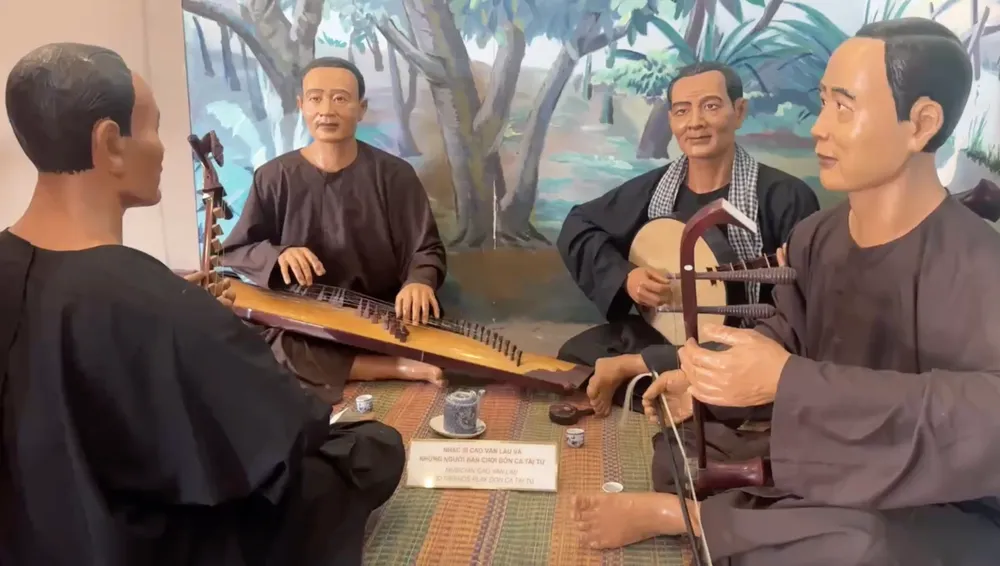
According to the Department of Culture, Sports, and Tourism of Bac Lieu Province, during the five-day break from April 30 to May 4 for Reunification Day (April 30) and International Workers' Day (May 1), the locality received around 125,400 visitors and earned the total revenue from tourism of VND78.5 billion. Of those, the memorial house of the art of Don Ca Tai Tu Nam Bo and late composer Cao Van Lau greeted 2,000-3,000 tourists per day.
According to Deputy Director of the provincial Department of Culture, Sports, and Tourism, Thai Quoc Luu, the Department of Culture, Science, and Information, along with the Cultural and Sports Centers of districts in the province, has implemented various measures to maintain and enhance the effectiveness of activities of Don Ca Tai Tu clubs and grassroots cultural and artistic groups. They have also developed plans for new Cai Luong plays and art performances at the Cao Van Lau Theater every Saturday.
Additionally, the functional departments of Bac Lieu Province have restored the Cao Van Lau Memorial Site to preserve and enhance the cultural heritage value of the province by 2025.
In the first quarter of the year, Bac Lieu Province welcomed 17,488 visitors to historical sites and 2,390 tourists to exhibitions at the museums.
